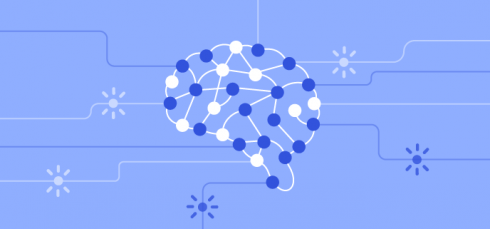
Qualcomm had a coming-out party for their new AI technology that includes a series of new smart Snapdragon parts with built-in AI capability for smartphones and connected devices. They also surprised with the announcement of their Cloud AI 100 simulator. Both of these things are interesting by themselves but, together, they have the potential to create something far more powerful, a hybrid AI that has blended resources that operate on both the device and the cloud platform simultaneously.
This could be a game-changer because it is only Qualcomm that is anywhere near a critical mass of AIs on smart devices, and while their server efforts are relatively new, the synergy between both products could be a massive advantage in the coming AI wars.
Let’s talk about the birth of the hybrid AI.
The problem
Often, we have vendors that create technology where no clear problem is evident. That isn’t the case this time because mobile devices will always be constrained by their form factors and power limitations, while latency and connectivity will constrain server resources. This means a future AI solution depending on either mobile or cloud-based resources exclusively will be inherently flawed. Either the solution, if mobile based, will never be smart enough, or the solution, if server based, will be unreliable, bandwidth intensive, and relatively slow. (I do expect this last to eventually be overcome but it may take a decade or two and the performance/bandwidth requirements will continue to increase).
The potential hybrid solution
But if you can tie the two systems together into a synergistic whole, there is the potential for a hybrid system that lowers the load, and thus the network traffic, going to the cloud while being able to share the decision load and only pushing things up that need extra data or intelligence. The end result should be a system that ties the client and server together into a whole that can both outperform a local solution and work more reliably than a cloud-only solution. In effect, with this potential hybrid, you have the potential for something that is far better optimized for the world of today than anything anyone else is contemplating.
The opportunity = Google advantage
Now this creates an interesting potential opportunity for both Google (Android) and Apple (iOS) to create that blended server/client solution that makes this all work. However, Apple is at war with Qualcomm, so they likely won’t get this technology and they suck at servers and cloud services, greatly reducing their potential even if they created their own solution.
Google, on the other hand, is one of the most powerful cloud players in the market, they already have one of the most advanced AI systems in development, and their digital assistant is already far more advanced than Apple’s Siri. This potentially could become the game-changer that effectively makes the iPhone obsolete.
Now “effectively makes” and actually does are two very different terms and outcomes. Apple is far more integrated than Google is, and it has been staffing up both mobile and AI capability, suggesting that Google’s advantage my not last that long.
Or, put more crisply, we are at the front end of this race and the outcome is anything but certain.
Carrier option
Now one other thing has occurred to me and that is that a carrier could specify a hybrid solution that more closely ties their users to their service, making it almost impossible for a customer to switch carriers. Once you have this blended AI uniquely trained to your needs, if that AI existed on the carrier’s servers instead of on Google’s or Apple’s servers, a switch of carriers would mean you’d have to start training over again and I doubt many will, particularly after years of work, want to abandon the digital assistant that is uniquely theirs.
So, this could play out a number of interesting ways.
Regardless of who goes first and where this resides (be aware this same model could be used for autonomous cars, smart cities and buildings, and millions of increasingly intelligent devices that will surround us) this idea of a hybrid AI will be a game-changer. This likely will redefine not only the smartphone market but the blended market of ever more intelligent devices.






